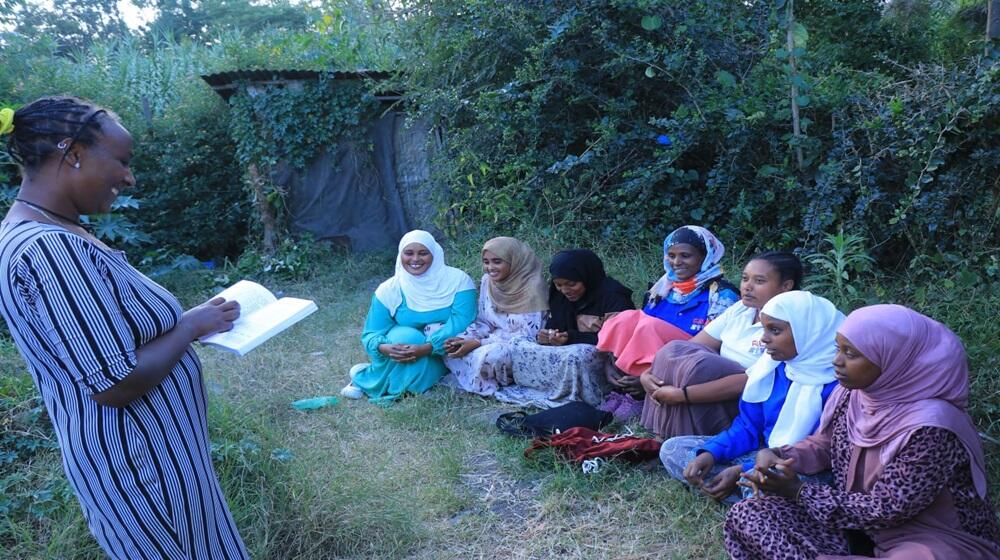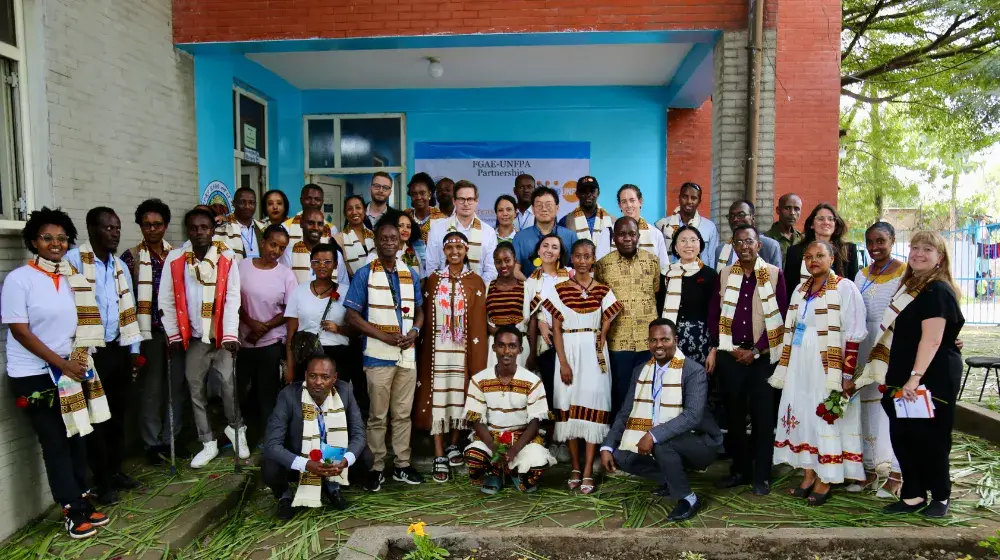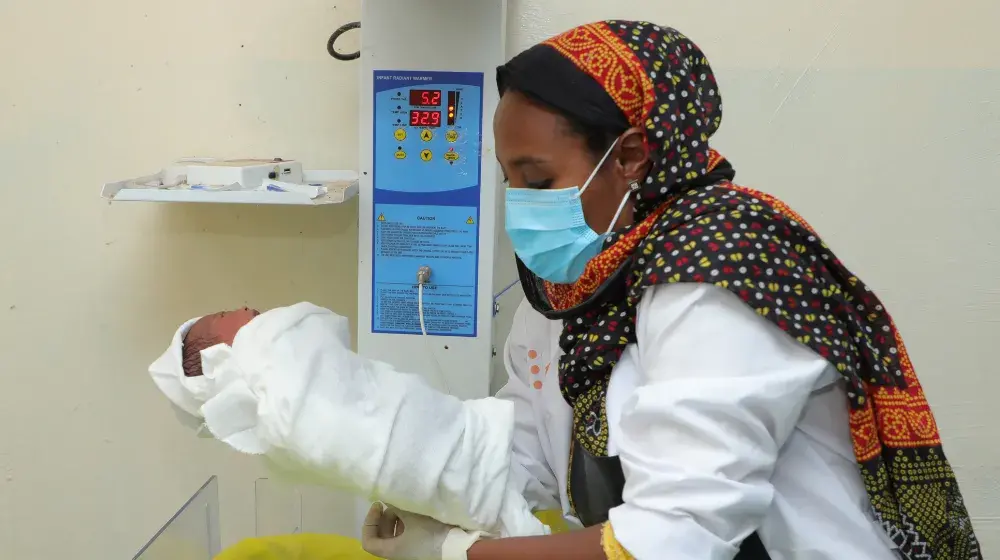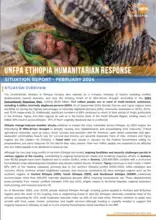Amina, a 27-year-old factory worker at the Kombolcha Industrial Park, once navigated a complex web of challenges. As any young girl hailing from the rural part of Ethiopia, Amina has very limited access to sexual and reproductive health information and services. This, coupled with the pervasive threat of gender-based violence, cast a long shadow over her life.
Her economic incapability forced Amina to dropout from school when she was in the 9th grade. She then joined the Kombolcha Industrial Park in the hope of leading a better life. After six months, circumstances compelled Amina to engage in a relationship. She accepted a marriage proposal from a man she found to be attractive. Her family approved of the match, and a wedding date was set.
But Amina's lack of understanding about sexual and reproductive health proved to be a major obstacle ending her relationship short in its tracks. She was unaware of the risks associated with unprotected sex, the importance of regular check-ups, and how to protect herself from sexually transmitted infections. This lack of knowledge made her susceptible to health problems and emotional distress.
A turning point
Amina’s participation at the peer education sessions and other behavioral change communication activities at the industrial park opened opportunities for her to address her predicaments. The activities are conducted by the Health, Development, and Anti-Malaria Association (HDAMA) as part of the UNFPA supported Sexual and Reproductive Health and Gender-Based Violence Prevention and Management project. These sessions provided a safe space for Amina and her co-workers to learn, ask questions, and share experiences. She gained valuable insights into her rights, the importance of seeking help, and how to protect herself. The sessions equipped her with the skills to communicate effectively, negotiate boundaries, and make informed decisions.
Amina became more assertive in her interactions with others. She learned to recognize and address gender-based violence and health complications related to SRH such as Sexually Transmitted Infections.
Amina's journey to empowerment was not without its challenges. She faced resistance from people who clung to outdated beliefs and practices. However, with the confidence she gained from the intervention and the support of her peers and mentors she persevered. She became a role model for other young women, inspiring them to break the silence and pursue their dreams.
She started sharing in the peer education sessions about her experiences and encouraged others to seek help and prioritize their well-being. Her empathy and compassion resonated with her peers, inspiring them to act and make a difference.
One incident that significantly impacted Amina's life was when she faced sexual harassment from a male colleague. In the past, she might have silently endured the harassment, fearing retaliation and social stigma. However, with the knowledge and confidence gained from the peer education sessions, she decided to report the incident to the factory management, and she was able to seek justice and ensure that appropriate action was taken.
Amina seeks treatment at the SRH Clinic in the Kombolcha Industrial Park whenever there is a need. The clinic was established, strengthened, and continuously supported by the project. This access to quality healthcare was crucial in her well-being. Amina's courage and resilience have inspired many young women in the industrial park and the surrounding community. She has become a symbol of hope, demonstrating that it is possible to overcome adversity and achieve one's dreams.





